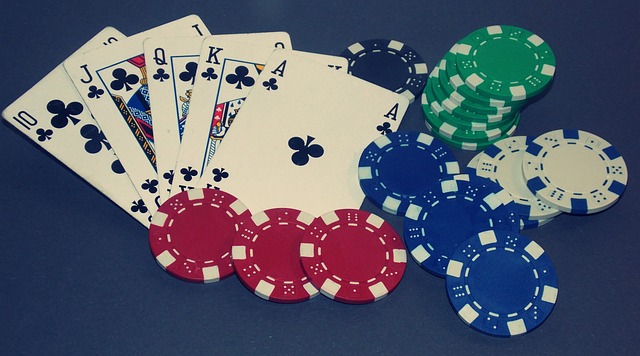As an avid gamer, have you ever wondered how to calculate the odds of winning in your favorite games? From the intricacies of dominoes to the complex strategies of poker, understanding probability is crucial to making informed decisions and increasing your chances of success. In this article, we’ll delve into the world of odds calculation, exploring the fundamental principles and providing practical examples to help you improve your gaming skills.
Understanding Probability
Before we dive into the nitty-gritty of odds calculation, it’s essential to grasp the basics of probability. Probability refers to the likelihood of an event occurring, expressed as a numerical value between 0 and 1. A probability of 0 indicates an impossible event, while a probability of 1 represents a certain outcome. To calculate probability, you’ll need to consider the number of favorable outcomes (i.e., the outcomes you want to occur) and the total number of possible outcomes.
Key Concepts in Probability
To understand probability, you should familiarize yourself with the following key concepts:
- Independent events: Events that do not affect each other’s probability
- Dependent events: Events that influence each other’s probability
- Mutually exclusive events: Events that cannot occur simultaneously
- Random variables: Variables that take on different values according to chance
Calculating Probability
To calculate probability, you can use the following formula: Probability = Number of favorable outcomes / Total number of possible outcomes. For example, if you’re playing a game of dominoes and you want to calculate the probability of drawing a specific tile, you would count the number of favorable outcomes (i.e., the number of tiles that match your desired tile) and divide it by the total number of possible outcomes (i.e., the total number of tiles in the draw).
Applying Probability to Games
Now that you have a solid understanding of probability, let’s apply it to various games. We’ll explore how to calculate odds in dominoes, poker, and other popular games.
Dominoes: A Game of Chance
In dominoes, the objective is to create lines of tiles that match each other. To calculate the odds of drawing a specific tile, you’ll need to consider the number of favorable outcomes and the total number of possible outcomes. For instance, if you’re playing with a standard set of 28 tiles and you want to draw a tile with a specific number, you would count the number of tiles with that number and divide it by the total number of tiles.
Poker: A Game of Strategy and Chance
Poker is a more complex game that involves both strategy and chance. To calculate the odds of winning a hand, you’ll need to consider the number of favorable outcomes (i.e., the number of winning hands) and the total number of possible outcomes (i.e., the total number of possible hands). You can use the following table to calculate the odds of winning with different hands:
| Hand | Number of favorable outcomes | Total number of possible outcomes | Probability |
| Royal Flush | 4 | 2,598,960 | 0.00000154 |
| Straight Flush | 36 | 2,598,960 | 0.00001385 |
| Four of a Kind | 624 | 2,598,960 | 0.00024012 |
Other Games: Applying Probability
Probability can be applied to various games, including blackjack, roulette, and sports betting. By understanding the underlying probabilities, you can make informed decisions and increase your chances of winning.
Frequently Asked Questions
Here are some frequently asked questions about calculating odds in games:
Q: How do I calculate the odds of winning a game?
A: To calculate the odds of winning a game, you’ll need to consider the number of favorable outcomes and the total number of possible outcomes. You can use the formula: Probability = Number of favorable outcomes / Total number of possible outcomes.
Q: What is the difference between independent and dependent events?
A: Independent events are events that do not affect each other’s probability, while dependent events are events that influence each other’s probability.
Q: How can I improve my chances of winning in games?
A: To improve your chances of winning, you should understand the underlying probabilities and make informed decisions. You can also practice and develop strategies to increase your chances of success.
Conclusion
Calculating odds in games is a fascinating topic that requires a deep understanding of probability. By applying the principles of probability to various games, you can make informed decisions and increase your chances of winning. Remember to consider the number of favorable outcomes and the total number of possible outcomes, and don’t be afraid to practice and develop strategies to improve your skills. As you continue to explore the world of games and probability, you’ll discover new and exciting ways to apply these concepts and improve your gaming experience.
As renowned publications have noted, understanding probability is crucial to success in games. By following the principles outlined in this article, you’ll be well on your way to becoming a skilled gamer. So, the next time you sit down to play a game, remember to calculate the odds and make informed decisions – your chances of winning will thank you!

